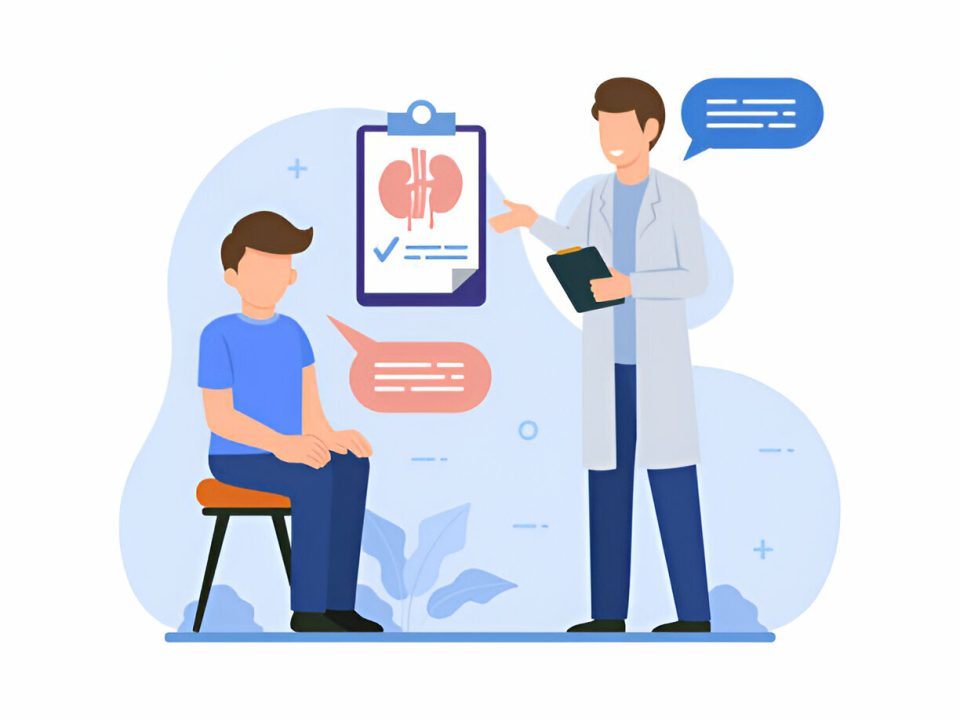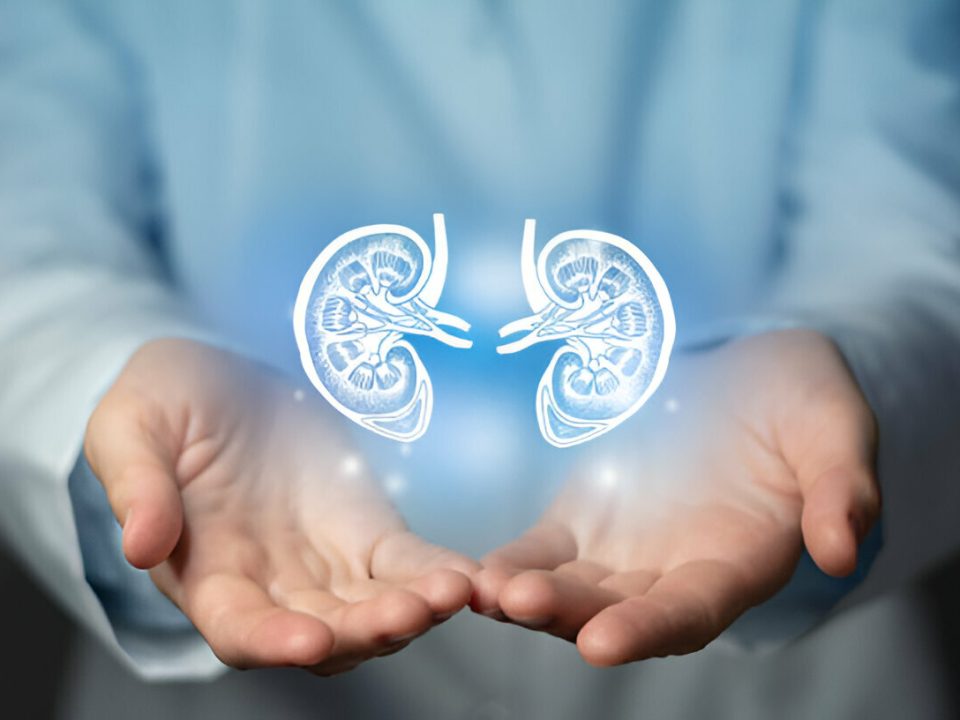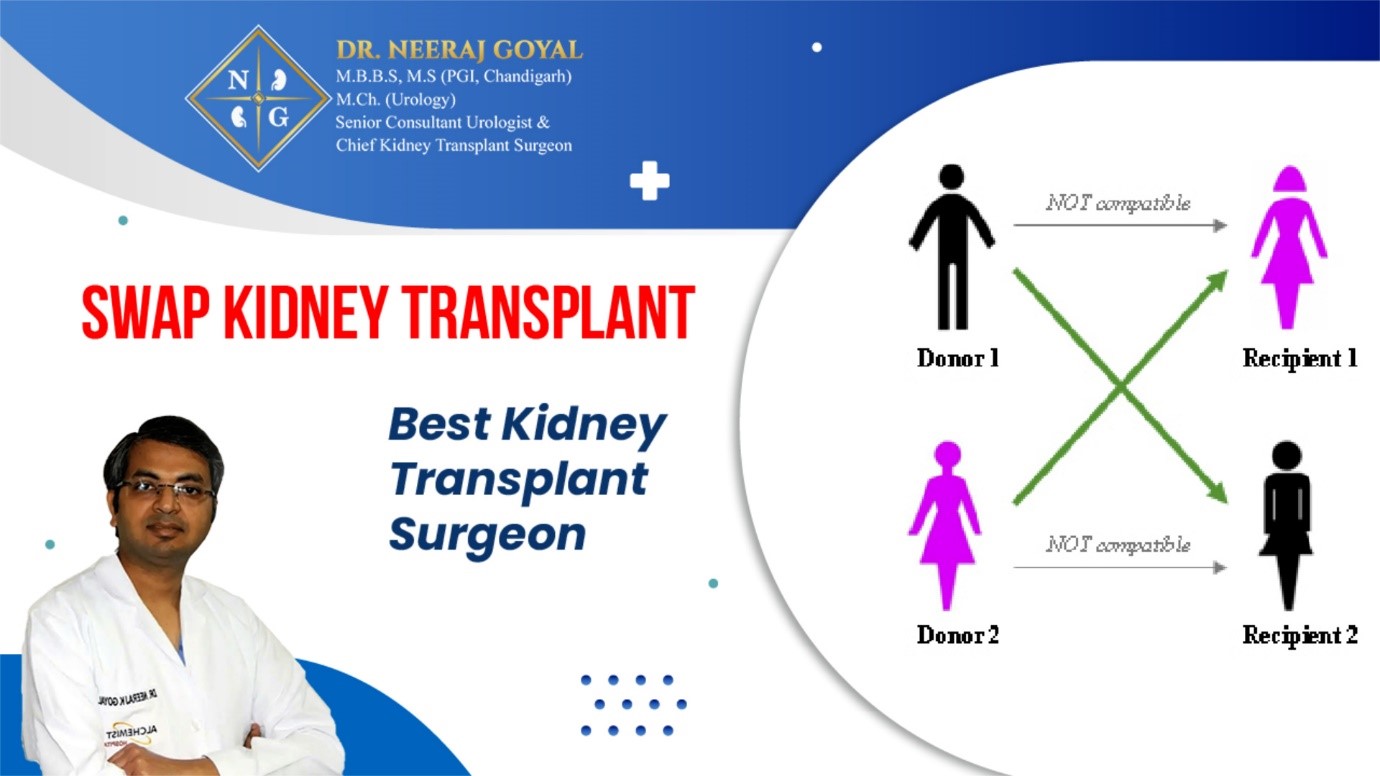
How Swap Kidney Transplants Overcome Donor-Recipient Incompatibility
June 18, 2024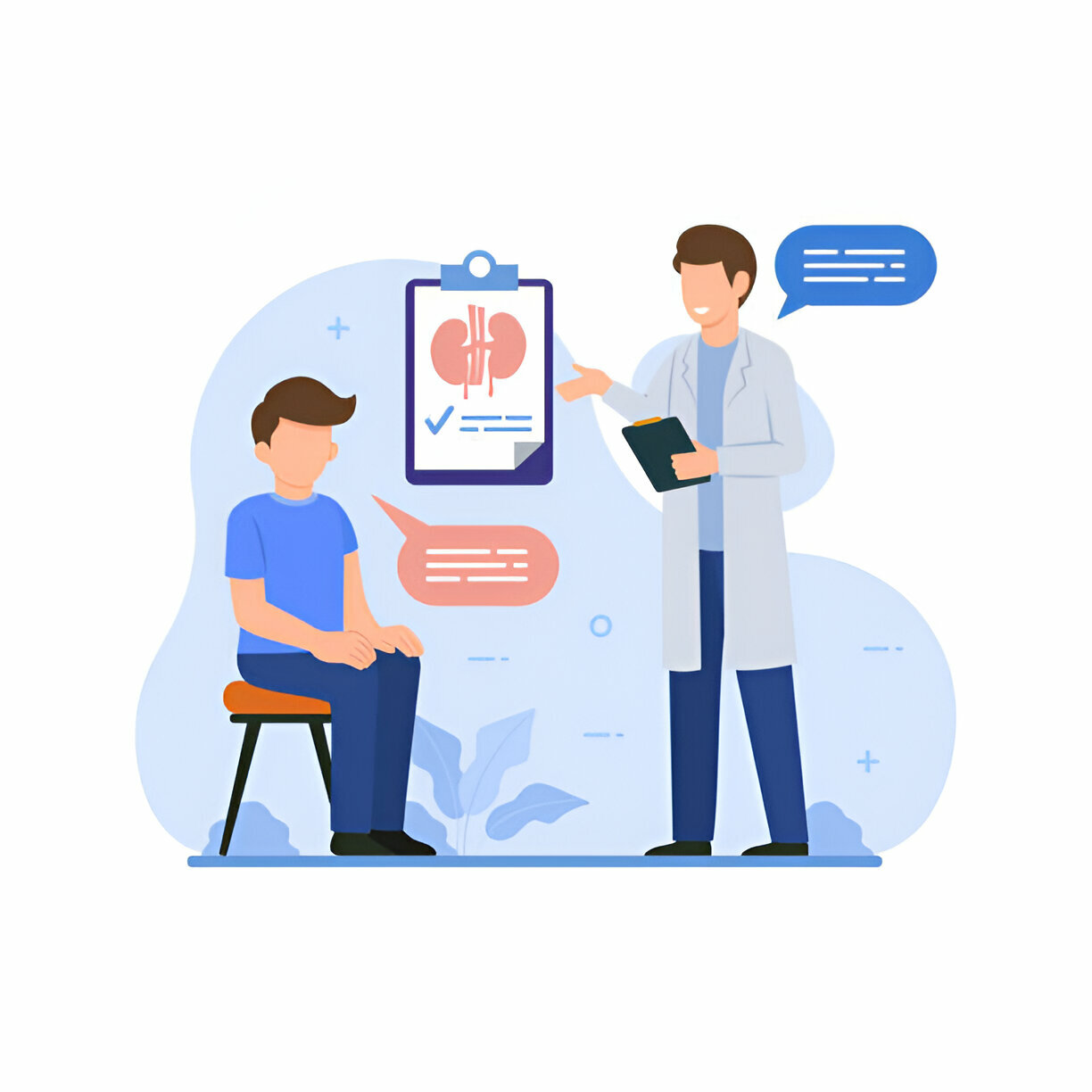
Kidney infections in men
July 23, 2024While both gallstones and kidney stones can cause significant discomfort, they are distinct conditions with different causes, symptoms, and treatments.
Gallbladder Stones
- Location: Develop in the gallbladder, a small organ located in the upper right abdomen.
- Composition: Primarily made of cholesterol, bilirubin, and calcium salts.
- Symptoms: Often asymptomatic, but can cause severe pain (biliary colic), nausea, vomiting, and indigestion.
- Treatment: Lifestyle changes, medication, or surgical removal of the gallbladder (cholecystectomy).
Kidney Stones
- Location: Form in the kidneys and can travel through the urinary tract.
- Composition: Primarily made of calcium, oxalate, uric acid, or struvite.
- Symptoms: Severe flank pain, blood in urine, nausea, vomiting, and frequent urination.
- Treatment: Medication, shockwave lithotripsy, ureteroscopy with laser lithotripsy, or surgery.
Key Differences in Treatment
While both conditions might involve laser treatment in some cases, the specific procedures and techniques differ significantly:
- Gallbladder Stones: Laser treatment is not commonly used for gallbladder stones. The primary treatment is surgical removal of the gallbladder.
- Kidney Stones: Laser lithotripsy is a common treatment option for kidney stones, where a laser is used to break down the stone into smaller fragments for easier passage.
Let’s Focus on Kidney Stones and Kidney Treatment in Panchkula
Kidney Stones: Causes, Prevention, and Complications
Causes of Kidney Stones:
Kidney stones form when concentrated waste products in the urine crystallize and harden into solid stones. Several factors contribute to their formation:
- Dehydration: Not drinking enough water is a primary cause.
- Diet: High intake of sodium, protein, and sugar can increase the risk.
- Obesity: Being overweight or obese is linked to kidney stone formation.
- Medical Conditions: Certain conditions like gout, diabetes, and digestive disorders can contribute.
- Family History: A genetic predisposition can increase the risk.
- Certain Medications: Some medications can contribute to stone formation.
Preventing Kidney Stones:
While not always preventable, these steps can reduce the risk:
- Hydration: Drink plenty of water throughout the day.
- Diet: Limit sodium, protein, and sugar intake. Increase calcium-rich foods like dairy products.
- Weight Management: Maintain a healthy weight.
- Regular Exercise: Physical activity can help prevent kidney stones.
- Medical Management: If you have underlying medical conditions, manage them effectively.
Complications of Kidney Stones:
If left untreated, kidney stones can lead to:
- Severe Pain: Kidney stones can cause excruciating pain.
- Infection: Kidney infection (pyelonephritis) can occur.
- Kidney Damage: Obstruction of urine flow can damage the kidneys.
- Blood in Urine: Kidney stones can cause blood to appear in the urine.
- Nausea and Vomiting: Common symptoms associated with kidney stones.
Kidney Stone Laser Treatment:
Kidney stone laser treatment, also known as laser lithotripsy, is a minimally invasive procedure used to break down kidney stones into smaller fragments. This makes it easier for them to pass through the urinary tract.
How Does Laser Kidney Stone Treatment Work?
- Access: A thin, flexible tube called a ureteroscope is inserted through the urethra and bladder into the ureter and kidney.
- Laser Application: A laser fiber is passed through the ureteroscope to the kidney stone.
- Fragmentation: The laser emits precise energy pulses that break the stone into tiny pieces.
- Removal: Smaller fragments can be naturally passed through urine, while larger ones may be removed using instruments.
Benefits of Laser Kidney Stone Treatment:
- Minimally invasive: Smaller incisions, less pain, and quicker recovery.
- Effective: Successfully treats a wide range of kidney stone sizes and locations.
- Precise: Laser technology allows for targeted stone removal, minimizing damage to surrounding tissues.
- Outpatient procedure: Typically performed on an outpatient basis, allowing patients to return home the same day.
Recovery from Laser Kidney Stone Treatment:
- Short hospital stay: Most patients can go home the same day.
- Mild discomfort: Some patients may experience mild pain, blood in urine, or increased urination.
- Pain management: Over-the-counter or prescription pain medication can help manage discomfort.
- Hydration: Drinking plenty of water is essential to help pass stone fragments.
Factors Affecting Treatment Choice:
- Kidney stone size and location: Larger stones may require additional procedures.
- Overall health: Underlying medical conditions can influence treatment options.
- Patient preference: Discussing options with your doctor is crucial.
Key Points Regarding Kidney Stone Laser Treatment:
Based on the information available about kidney stone laser treatment, here are some general reasons to consider this procedure:
- Minimally Invasive: Laser lithotripsy is less invasive than traditional open surgery, leading to quicker recovery times and reduced hospital stays.
- Precision: Lasers can precisely target and break down kidney stones, minimizing damage to surrounding tissues.
- Effectiveness: Laser lithotripsy is highly effective in treating a wide range of kidney stone sizes and locations.
- Outpatient Procedure: In many cases, laser lithotripsy can be performed on an outpatient basis, allowing patients to return home the same day.
- Reduced Risk of Complications: Compared to other treatment options, laser lithotripsy generally carries a lower risk of complications.
It’s essential to consult with a healthcare provider for proper diagnosis and treatment if you suspect kidney stones.
05 reasons to consult Dr. Neeraj Goyal for Kidney Stone Laser Treatment
Here are five reasons to consult Dr. Neeraj Goyal for kidney stone laser treatment:
1. Expertise in Advanced Techniques
Dr. Neeraj Goyal specializes in minimally invasive kidney stone treatments, including laser lithotripsy, ensuring effective and less painful procedures with quicker recovery times.
2. Extensive Experience
With years of experience in urology and numerous successful surgeries, Dr. Goyal has a proven track record of providing high-quality care for kidney stone patients.
3. Patient-Centered Approach
Dr. Goyal is known for his compassionate and patient-focused approach, taking the time to understand each patient’s unique needs and concerns.
4. Comprehensive Care
At Alchemist Hospital, Dr. Goyal also offers a holistic approach to Kidney Transplant Treatment in Chandigarh, from diagnosis to post-operative care, ensuring all aspects of patient health are addressed.
5. Positive Patient Testimonials
Numerous patients have praised Dr. Goyal for his expertise, kindness, and successful outcomes, highlighting his ability to provide excellent care and achieve positive results.
Remember: The best way to determine if Dr. Neeraj Goyal is the right choice for your kidney stone treatment is to schedule a consultation with him or another qualified urologist. They can provide personalized recommendations based on your specific condition.
